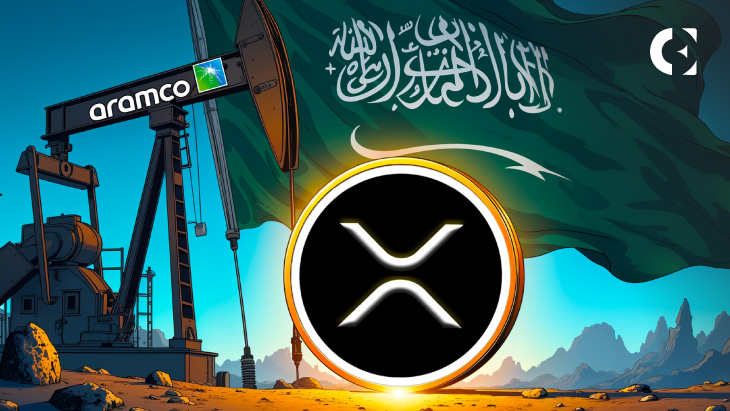- False claims linked Saudi Aramco to XRP oil tokenization; no official ties confirmed.
- Forged documents and incorrect signatures undermine the credibility of misinformation.
- XRP ecosystem grows with real projects like real estate tokenization, despite false reports.
The XRP ecosystem is growing rapidly due to several new projects. It has created new opportunities alongside a few challenges. A big problem is the increase in misinformation. A misleading story was spread that Saudi Aramco is partnering with White Network to tokenize oil on the XRP Ledger. The document gained a lot of attention shortly after publication.
Forgery Unveiled Behind False Saudi XRP Claims
Those behind the rumour revealed the project had approval from a Saudi official, making it more believable. The deal was attributed by the document to “Sheikh Abdullah bin Khalid Al-Falih.” But no major official in Saudi Arabia with that name can be found. People might think the name connects to Khalid bin Abdulaziz Al-Falih, however, that is not him.
Further investigation revealed that the signature on the document belonged to no Saudi official but matched that of Iranian actress Mahtab Keramati. It makes the whole claim look even weaker. After the forgery was revealed, it was obvious that the goal had been to confuse people baselessly.
Oil tokenization activities announced by Saudi Aramco are yet to be revealed. The company continues to focus on its core activities, including selling energy and securing loans. Oil companies have not engaged in work with XRP or blockchain technology. Aramco’s approach remains centered on its traditional energy activities.
XRP Ecosystem Thrives Despite False Claims
WhiteRock, a participant in the XRP Ledger area, has not created oil-related projects to date. It is worth mentioning that while WhiteRock began in March 2025, its platform focuses on turning stocks and bonds into digital tokens. While the platform manages more than $71 million worth of assets, it has no association with tokenized oil or Saudi Aramco.
Despite misleading statements, the XRP system has remained resilient. Recently, the Dubai Land Department selected the XRP Ledger for its real estate tokenization project, demonstrating that XRP can handle numerous large transactions. A Nasdaq-listed company called VivoPower also raised $121 million to create an XRP reserve with support from a Saudi prince.
Another important development is Webus, a Chinese company that specializes in AI for transportation. Webus intends to raise $300 million for an XRP reserve, again showing that interest in XRP is increasing. Even as the ecosystem expands, its primary goal is to apply blockchain technology to real-world scenarios. Although false information about XRP continues to spread, the project remains strong and is gaining more widespread adoption around the world.
Disclaimer: The information presented in this article is for informational and educational purposes only. The article does not constitute financial advice or advice of any kind. Coin Edition is not responsible for any losses incurred as a result of the utilization of content, products, or services mentioned. Readers are advised to exercise caution before taking any action related to the company.







